Cooking is an art form. It's a way to showcase your culinary skills and impress your friends and family. But, like any other skill, cooking takes practice. And, unfortunately, sometimes that practice can lead to some pretty major cooking mistakes.
Jump to:
- Avoid Common Cooking Mistakes
- 1. Not Salting The Food While Cooking
- 2. Using a Glass Cutting Board
- 3. Expecting Children to Like Bland Veggies
- 4. Cutting Everything With Steak Knives
- 5. Not Taking Care of Good Knives
- 6. Crowding The Pan
- 7. Seasoning The Pan Instead of The Food
- 8. Smashing Your Food
- 9. Keeping a Dirty Kitchen
- 10. Adding Garlic Too Early in The Cooking Process
- 11. Using Metal Utensils With Non-Stick Pots & Pans
- 12. Not Washing Veggies
- 13. Leaving the Fat In The Pan
- 14. Not Properly Cleaning The Grill Grates
- 15. Using Oil While Boiling Water for Pasta
- 16. Just Putting Everything In The Pot At Once
- 17. Not Letting Meat Rest After Cooking It
- 18. Serving Food Straight Out of The Pot or Pan
- 19. Putting Sauce on Spaghetti Before Adding Cheese
- 20. Not Using a Timer When Cooking
- 21. Cooking Vegetables With Too Much Water
- 22. Using Only Salt and Pepper
- 23. Using Too Much Butter
- 24. Not Enough Salt
- 25. Overcooking Vegetables
- 26. Not Enough Oil
- 27. Adding Cold Ingredients to Hot Oil
- 28. Not Preheating the Oven
- 29. Turning Food In a Pan Before it is Ready
- 30. Not Preheating Pans
- 31. Not Cooking with Enough Fat
- 32. Adding Too Much Salt
- 33. Not Waiting for the Oil to Heat Up
- 34. Cooking over High Heat
- 35. Not Adding Enough Liquid to Soups, Stews, or Sauces
- 36. Not Using Enough Oil for Frying
- 37. Not Stirring or Turning Food Enough
- 38. Not Washing Your Hands When Handling Ingredients
- 39. Not Reading the Recipe Fully
- 40. Not Using Enough Seasoning
- Frequently Asked Questions:
- Final Thoughts
Avoid Common Cooking Mistakes
Cooking is an art, but it's also science. And like with any science, there are definite do's and don'ts when it comes to the kitchen. If you're looking for ways to improve your cooking skills - or just trying to figure out what not to do in the kitchen - this post is for you! We'll take a look at some of the worst cooking mistakes that can be made, and how they can be avoided. Stay safe in the kitchen - and enjoy your delicious results!
1. Not Salting The Food While Cooking
Putting no salt in anything and expecting the salt shaker at the table to do the job. Nothing seasoned at the table with a salt shaker will ever even approach the flavor of something that was seasoned throughout the cooking process.
2. Using a Glass Cutting Board
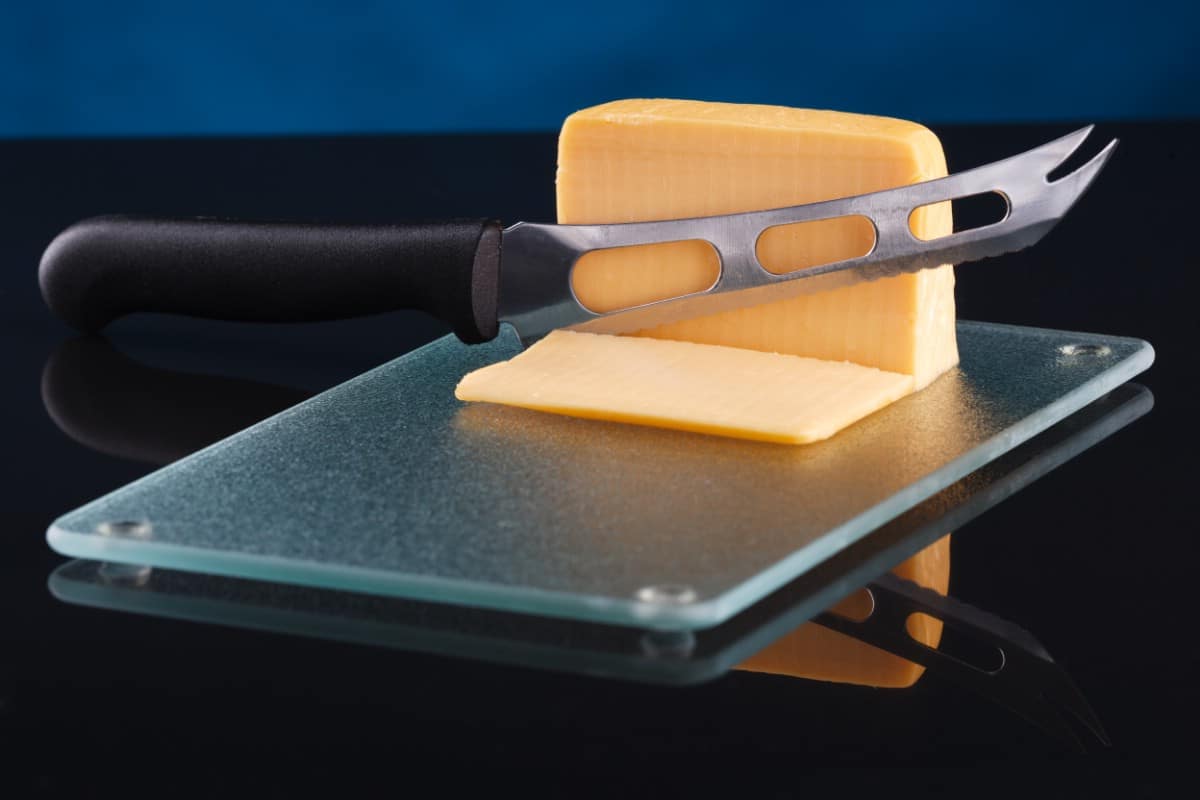
Using glass cutting boards, especially the textured ones. They tend to slip and slide, and are most often too fragile and could easily break. While they clean easily, they can be a hazard in the kitchen.
Instead, choose a plastic or wood cutting board. Mostly, however, make sure you have a board just for meats and one just for produce. This prevents any issue with cross-contamination from happening.
3. Expecting Children to Like Bland Veggies
Parents who only steam veggies and barely use salt or pepper on them then act shocked when their kids don't like it. Of course, they won't like that! Most adults would be upset getting something like that.
Something as simple as roasting veggies with some basic herbs and good olive oil can make a huge difference.
4. Cutting Everything With Steak Knives
Cutting everything with steak knives: An apple? Steak knife; onion? Steak knife; watermelon? Steak knife; any kind of meat? Steak knife. Educate yourself on which knives are best for which foods. Not everything needs to be cut with a steak knife. Those are for steak.
5. Not Taking Care of Good Knives
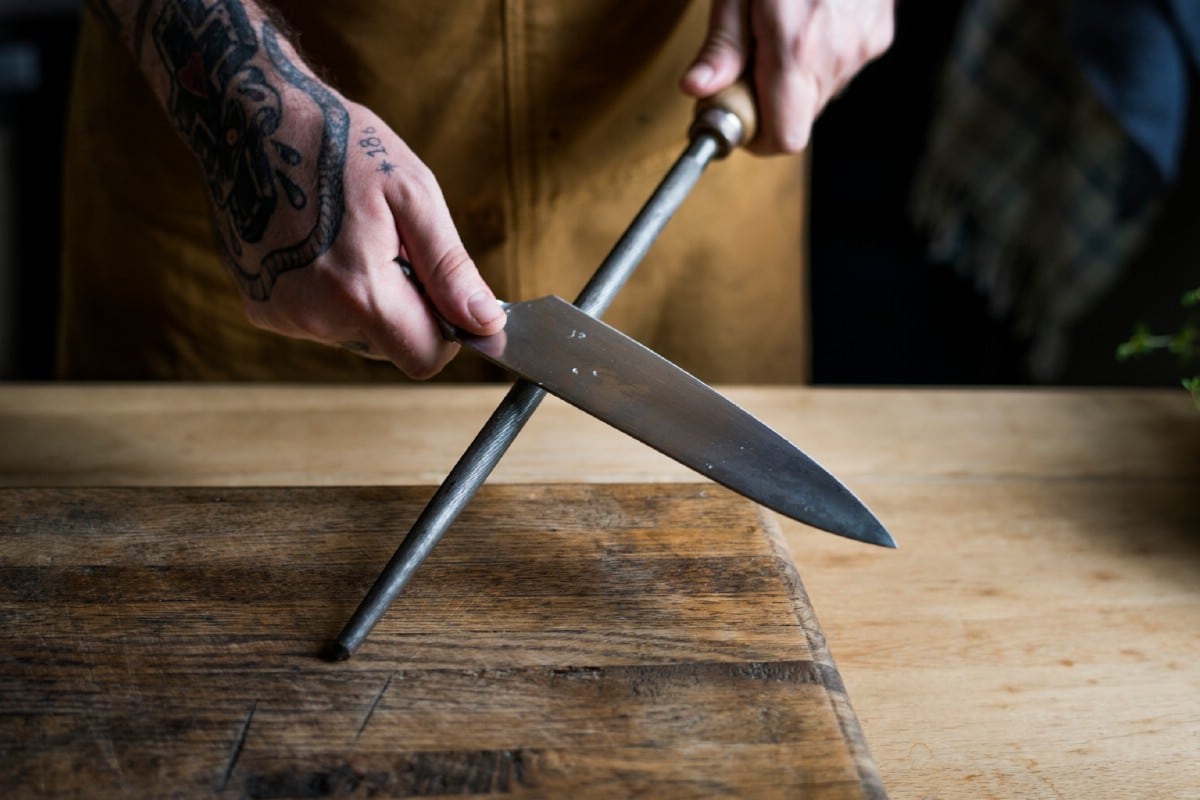
Watching people abuse or neglect good knives is unnerving. Make sure to take care of your good knives, wash and store them properly and keep them sharpened.
6. Crowding The Pan
It's especially awful when people crowd the pan while cooking. This can result in food burned on the outside but raw on the inside. It can also lead to items steaming instead of browning. Give plenty of space between each item and cook in batches for the best results.
7. Seasoning The Pan Instead of The Food
Never season the pan instead of seasoning the food. Don't sprinkle salt/pepper/Italian seasoning into a hot pan and then add plain, unseasoned protein on top. Don't forget to season the actual food too!
8. Smashing Your Food
When people press down hard on everything they’re cooking. There is no need to smash absolutely everything that you are cooking in a pan. Save the smashing to making smash burgers!
9. Keeping a Dirty Kitchen
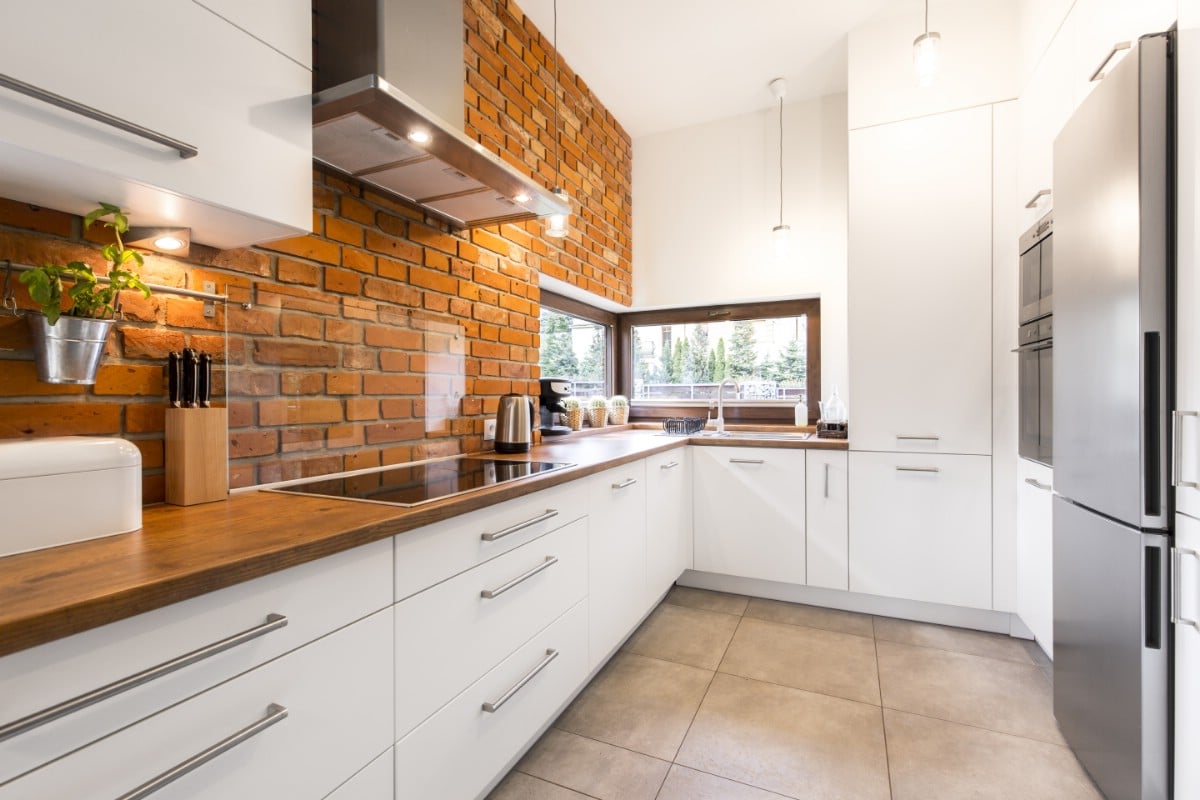
Dirty cooks. Leaving the knife dirty, not wiping down the counter, cross-contaminating everything. Gross! Make sure to keep your kitchen clean, especially when preparing food.
10. Adding Garlic Too Early in The Cooking Process
Adding minced or chopped garlic right away is commonplace, and it can work in many instances, but if you are sauteing vegetables for a significant amount of time, it will often end up burned or bitter. Add garlic with other ingredients and cook for less time so you are giving flavor without letting it burn.
11. Using Metal Utensils With Non-Stick Pots & Pans
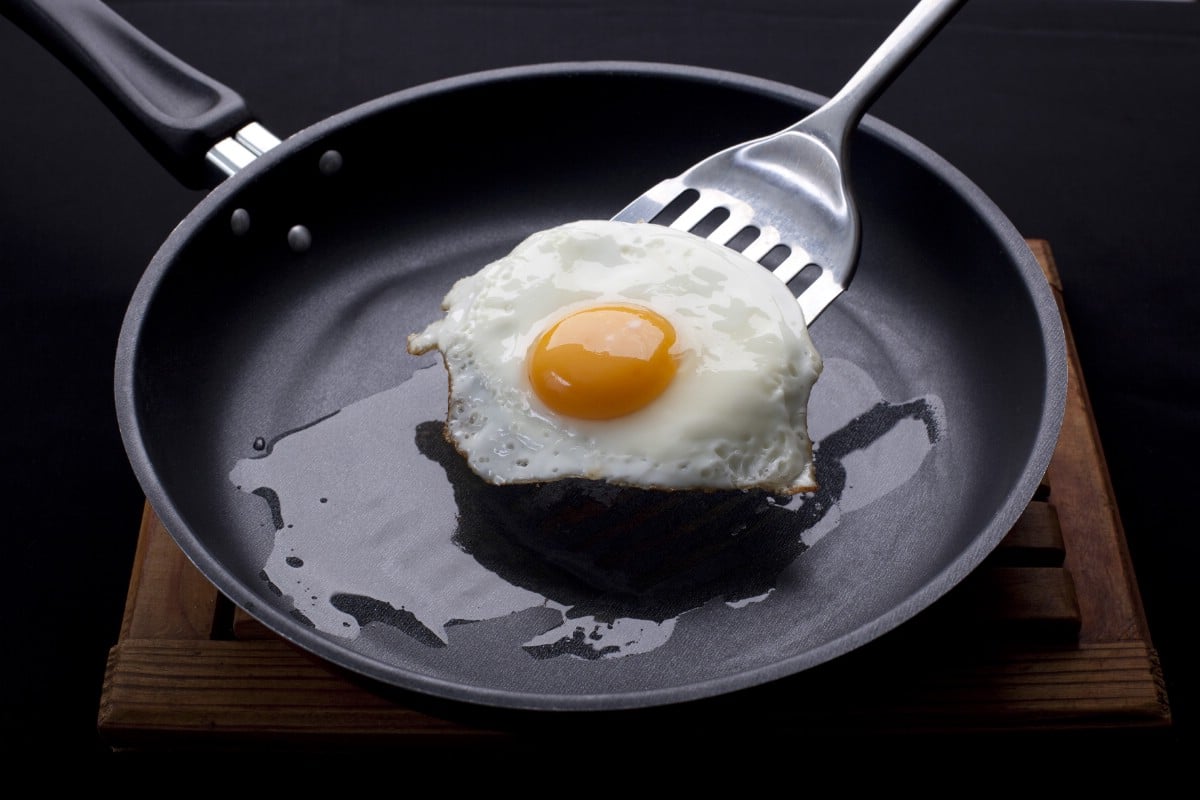
Metal utensils will scratch up your non-stick pots and pans and remove their non-stick properties which defeat the entire purpose. Only use wooden or silicone utensils with non-stick cookware.
12. Not Washing Veggies
People who don't wash their veggies are just asking for trouble. Make sure to always give your produce a good rinse before cooking with it.
Fill a clean sink with water, and add a tablespoon of salt then let the vegetables sit for 10 minutes. Rinse well, then repeat with ⅛ cup vinegar. Rinse again. This process will bring out any small insects or mites on the produce, then the vinegar helps with killing bacteria. Rinsing them twice also removes dirt, debris, and any bacteria.
13. Leaving the Fat In The Pan
While it can add flavor in some instances, typically it is better to clean a pan between cooking a protein in fat and using the same pan for vegetables.
Also, always let the fat in a pan cool then use a paper towel to wipe out of the pan before cleaning. This will make cleanup easier as hot oil or fat should never be poured down a kitchen drain.
14. Not Properly Cleaning The Grill Grates
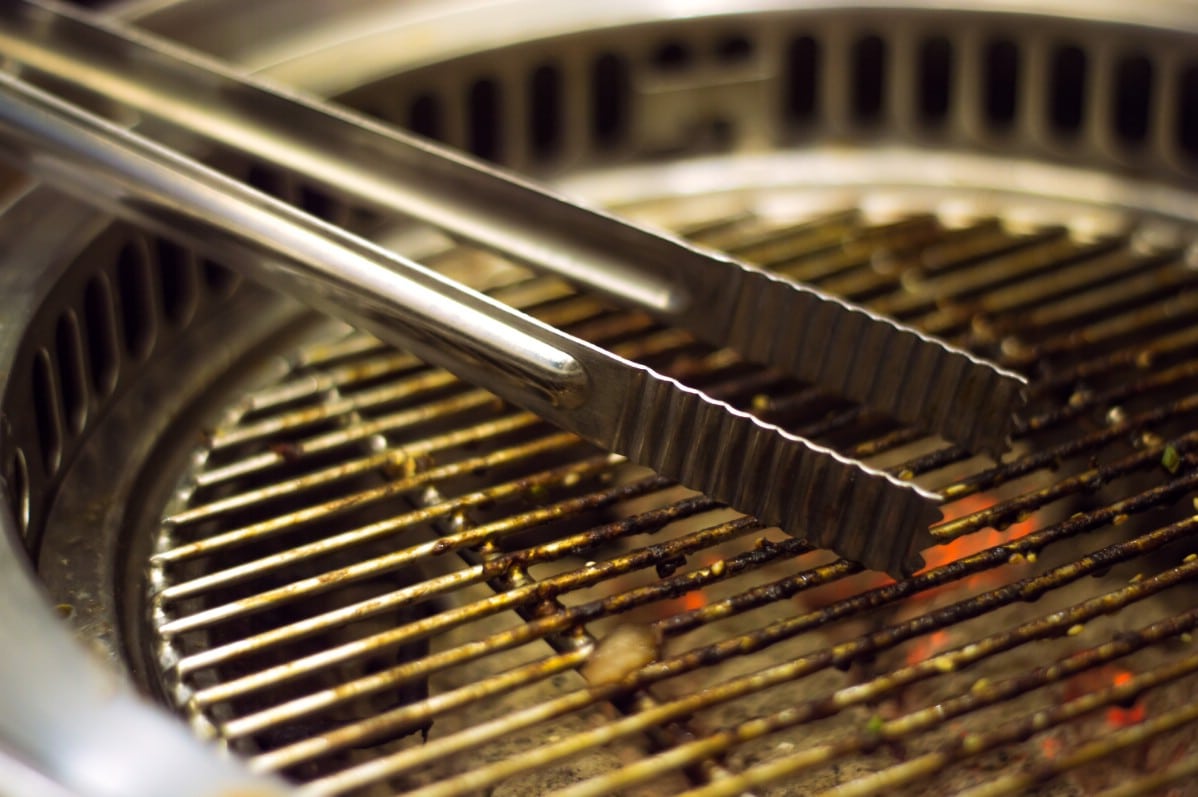
When people don't clean the grill grates properly before putting food on there and it ends up tasting like a charcoal briquette. Make sure you scrub your grill grates with hot soapy water and a wire brush or balled-up aluminum foil before cooking on them each time.
15. Using Oil While Boiling Water for Pasta
People who put oil in the pot when boiling water for pasta thinking it will stop the noodles from sticking together are wrong. This is not what you need to do if you want perfectly cooked pasta without having stickiness issues!
While many continue to do this, the best practice is to make sure your salted water is boiling nicely before you add the pasta. Then, as soon as the pasta begins to soften, use tongs to turn and stir in the pot to prevent sticking.
16. Just Putting Everything In The Pot At Once
When people add everything to the pot at once, even when a recipe calls for it in layers. This might seem like an easier option but it's not and you end up with unevenly cooked food that doesn't taste as good either!
17. Not Letting Meat Rest After Cooking It
People who cut into their meat right after cooking it are missing out on all of its delicious juices. Make sure to let your meat rest before cutting into it so that all of those great flavors stay inside instead of spilling out onto your plate while slicing/cutting/serving. Not only does this make the food look better too!
18. Serving Food Straight Out of The Pot or Pan
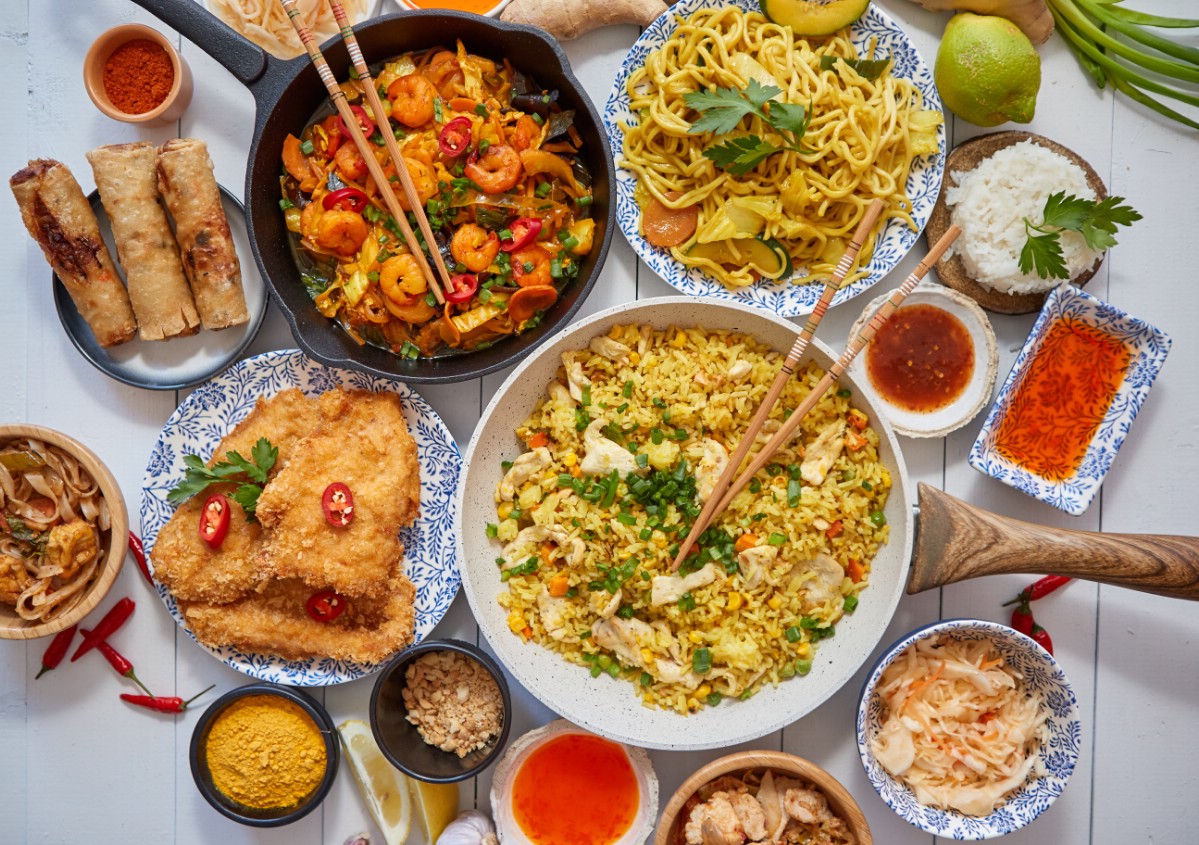
When people serve their food straight out of the pot or pan, it looks like a hot mess. Make sure to transfer your food to a serving dish before sitting down at the table so that you can enjoy what you're eating! Visual appeal has a lot to do with how others respond to flavors in foods.
19. Putting Sauce on Spaghetti Before Adding Cheese
Adding sauce to spaghetti before adding cheese is a big no-no. This will make the cheese become clumpy and gross instead of creamy and delicious like it's supposed to be. If you want extra creaminess, stir the cheese into the pasta before topping it with sauce to serve.
20. Not Using a Timer When Cooking
People who don't use timers when cooking are just asking for trouble. You never know how long something will take, so it's important to set a timer or two just in case! Timing and watching food as it cooks can be the difference between serving something that is dry or something moist and delicious.
21. Cooking Vegetables With Too Much Water
When people cook with too much water, they end up boiling their food instead of steaming it which means all those delicious flavors get lost in the liquid and end up tasting bland at best. Make sure not to use more than one cup of water for every pound of vegetables (or whatever else you're cooking). This will help ensure that nothing gets soggy while still allowing everything nice and tender by the time dinner rolls around!
22. Using Only Salt and Pepper
Salt and black pepper are often used in every recipe, but they are not the only seasonings. Make sure to experiment with different herbs and spices. Garlic powder, onion powder, chili powder, cayenne pepper, ground cumin, curry powder, dried herbs like basil, dill, and sage, or seasoning blends are a huge part of imparting flavor in meals.
23. Using Too Much Butter
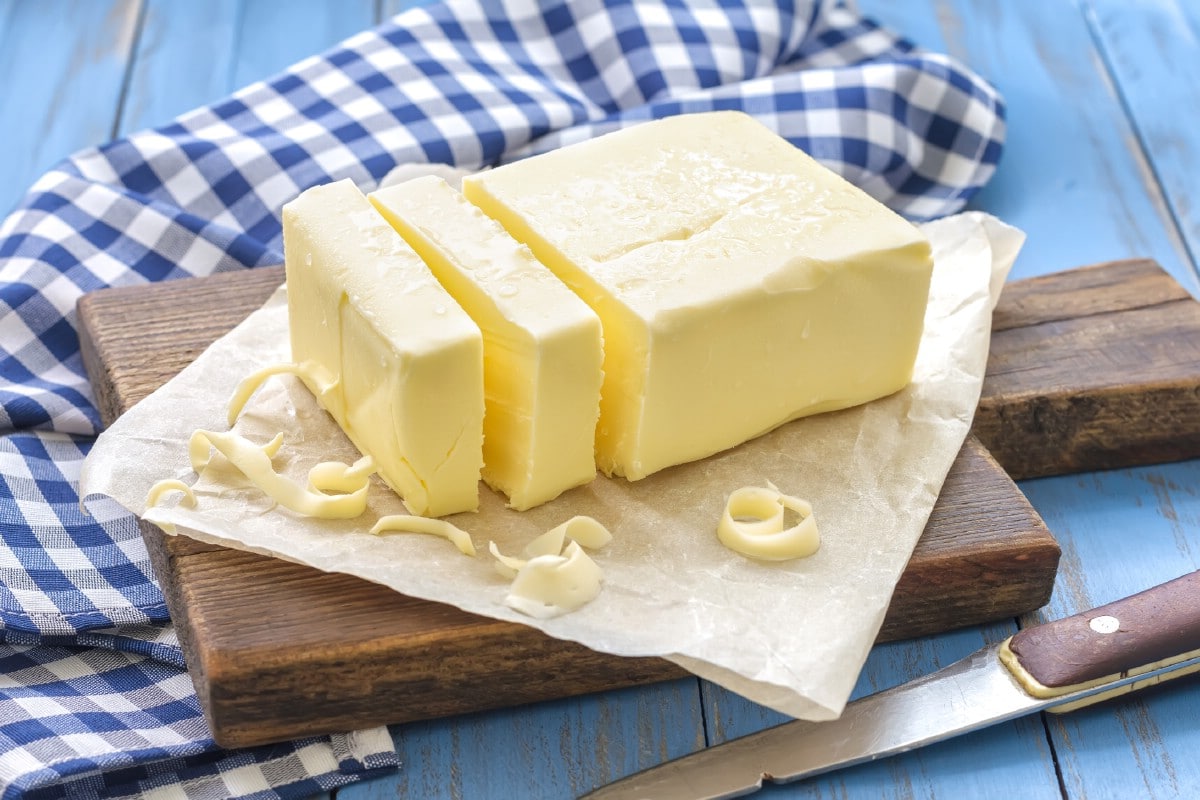
People who use too much butter in their cooking are just asking for trouble. Make sure not to overdo with this one-two tablespoons should do nicely as an average amount per pound of pasta (or whatever else). If that seems like too little then go ahead and add more until the consistency feels right when mixing everything by hand - no need whatsoever to use a spoon or knife to cut it in!
Butter is a fat that helps when cooking but is also there to impart flavor. It should not overwhelm a recipe but accent the flavors.
24. Not Enough Salt
People who don't add enough salt to their food generally wind up with bland dishes that are missing out on one of the most important flavor components. Make sure to season your food generously with salt (and other spices too if you like) for maximum deliciousness! You can always add more but you can't take it away once it's already been added, so be careful not to go overboard.
25. Overcooking Vegetables
When people overcook their vegetables, they become limp and lifeless instead of being soft and tender. This happens when water is released from the vegetable cells as they heat up which then dilutes the flavor and makes them less appealing overall. Make sure to cook your vegetables until they're just tender and still bright in color for the best possible results!
26. Not Enough Oil
People who don't use enough oil when cooking often wind up with food that sticks to the pan or pot. Make sure to add a tablespoon or two of oil (depending on the dish you're making) to help everything cook evenly and prevent sticking - this will also make your meal taste better in the end! Olive oil, vegetable oil, and canola oil are all great choices.
27. Adding Cold Ingredients to Hot Oil
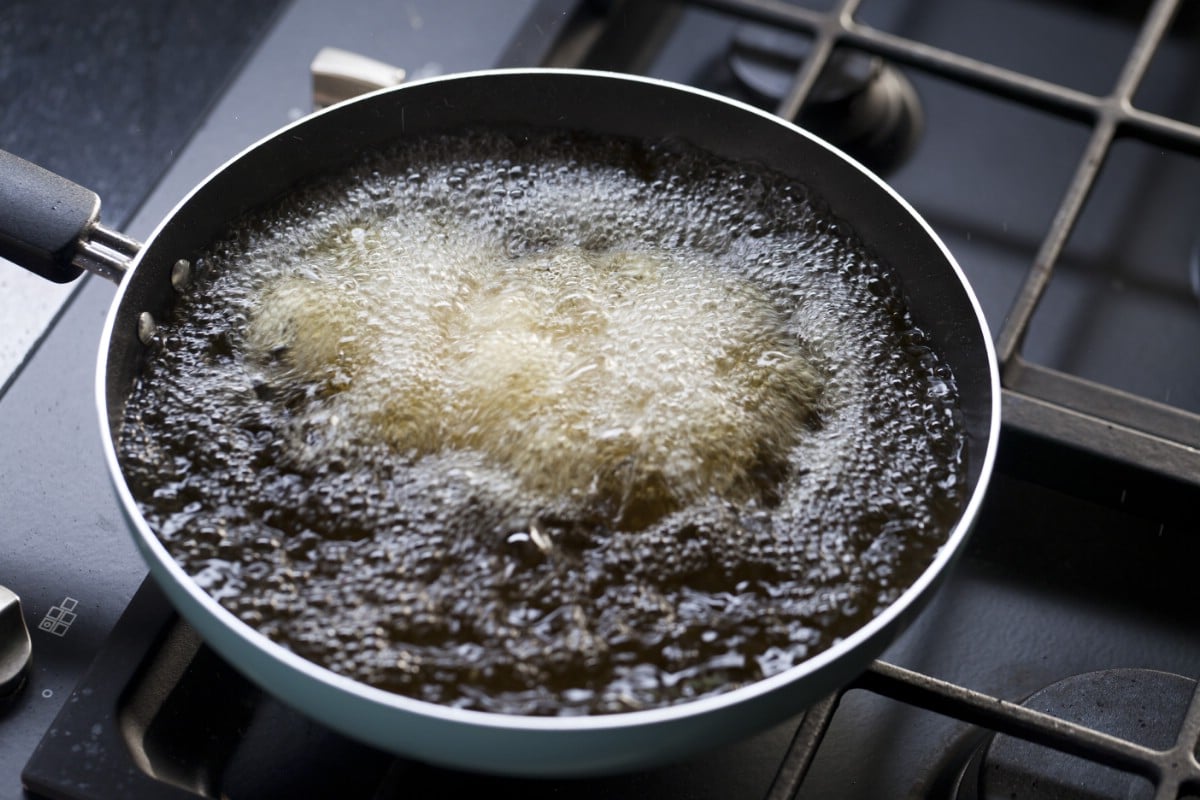
When people add cold ingredients like eggs or flour to hot oil, it causes them to start cooking immediately which often leads to them becoming overcooked and rubbery. Make sure to slowly add your cold ingredients to the hot oil while whisking constantly - this will help them cook evenly and prevent any disasters from occurring.
28. Not Preheating the Oven
People who don't preheat their ovens often wind up with food that's not cooked all the way through or is overdone on one side. Make sure to set your oven to the desired temperature at least 15 minutes before you plan on cooking anything so it has enough time to heat up properly! This will guarantee perfectly cooked food every single time without any guesswork involved.
29. Turning Food In a Pan Before it is Ready
We often reach for the spatula or tongs and then see that a piece of meat or chicken sticks to the pan when we attempt to turn it. When cooked properly, eggs, chicken, meats of all kinds will easily turn.
The key to success is to cook at the right temperature and to wait until the meat itself releases before you force it to turn. If you fear it will burn, then reduce the heat. Cooking longer at a lower temperature is perfectly fine with most items.
30. Not Preheating Pans

People who don't preheat their pans often wind up with food that's sticking to them or is otherwise difficult to work with. Make sure to heat your pan on medium-high heat for at least five minutes before adding any oil or ingredients - this will help make cooking easier and prevent anything from sticking! Also, be sure to use an appropriate type of pan for whatever it is you're making - there's no need to try and bake something in a frying pan, for example.
31. Not Cooking with Enough Fat
People who don't cook with enough fat often wind up with food that's dry and bland. Make sure to add some oil or butter (depending on the dish you're making) to your pan before cooking - this will help keep everything moist and flavorful. Coconut oil, olive oil, and grass-fed butter are all great choices!
32. Adding Too Much Salt
When people add too much salt to their food, it can quickly overpower all of the other flavors. Make sure to season your food generously but sensibly - a little bit goes a long way! You can always add more but you can't take it away once it's already been added, so be careful not to go overboard.
33. Not Waiting for the Oil to Heat Up
People who don't wait for the oil to heat up often wind up with food that's sticking to their pan or pot. Make sure to add your oil to the pan before turning on the heat and give it a few minutes to get hot - this will help prevent any disasters from occurring. You can also test the temperature of your oil by adding a small piece of food to it - if it starts sizzling immediately, then it's ready to go!
34. Cooking over High Heat
When people cook over high heat, they often end up with burnt food or vegetables that are too soft. Make sure to reduce the heat as necessary when cooking delicate foods like seafood or vegetables so that they don't overcook or burn - this will help keep them crispy and flavorful.
35. Not Adding Enough Liquid to Soups, Stews, or Sauces
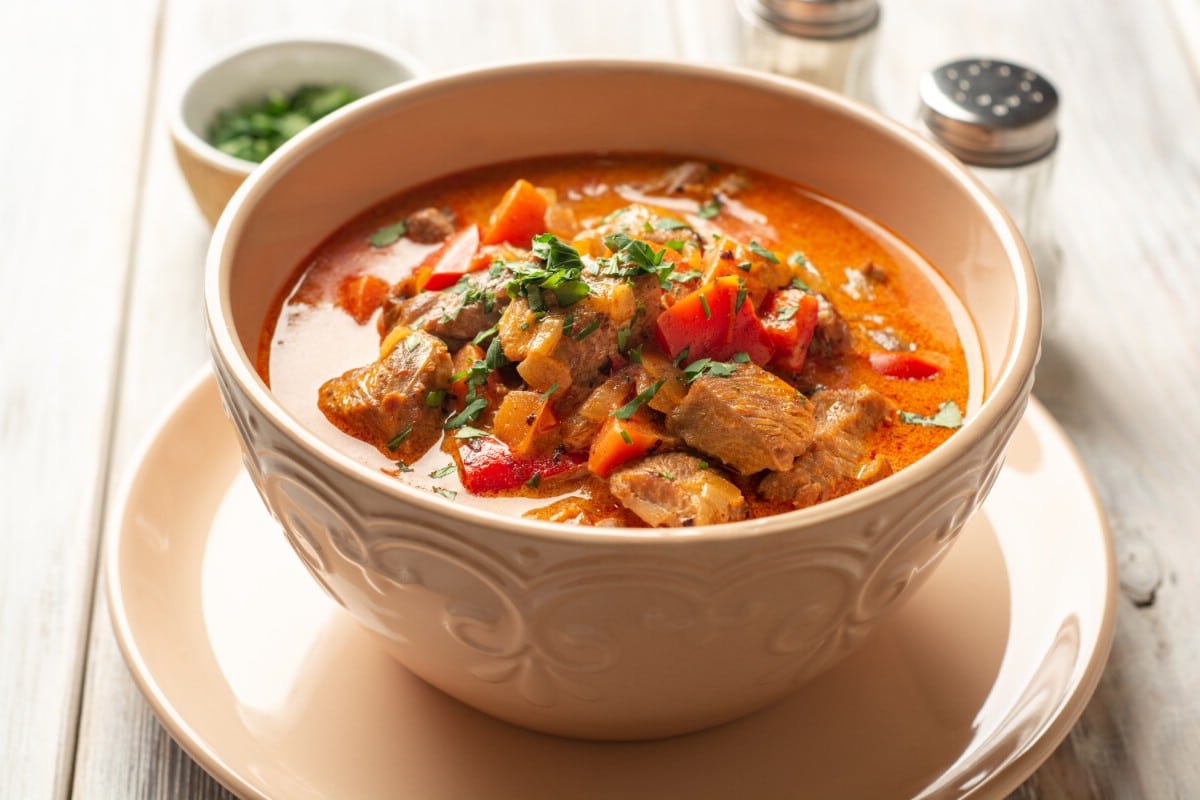
When people don't add enough liquid to their soups, stews, or sauces it can lead to a lot of scorching on the bottom of the pan which is both unsightly and unappetizing! If you're making something like this make sure there's plenty of water in it so nothing burns while simmering over low heat for an extended period. This will help ensure that everything comes out perfectly done instead of being a mess.
36. Not Using Enough Oil for Frying
When people don't use enough oil to fry, they often wind up with food that's not cooked all the way through or is overdone on one side. Make sure there's plenty of oil in your pan before starting the heat so it can evenly distribute and cook each piece properly - this will guarantee perfectly fried foods every single time! You can also test the temperature of your oil by adding a small piece of food to it - if it starts sizzling immediately then you're good to go! The same goes for any kind of meat: make sure there's plenty of fat (or at least some sort of marinade) on it so that it doesn't dry out while cooking.
37. Not Stirring or Turning Food Enough
People who don't stir or turn their food enough often end up with burnt bits on the bottom of their pan. Make sure to give everything a good stir every few minutes - this will help ensure even cooking and prevent anything from sticking! You can also rotate your dishes halfway through the baking process if you like.
38. Not Washing Your Hands When Handling Ingredients
One of the worst mistakes made in the kitchen is cross-contamination. Always wash your hands after handling raw ingredients. Especially meats, but even things like eggs or produce that hasn't been washed can all contain bacteria that are transferred easily if you aren't cleaning properly.
39. Not Reading the Recipe Fully
People who don't read the recipe all the way through often wind up making mistakes that can ruin their dish. Make sure you know exactly what you're doing before starting any kind of cooking project, and always follow the directions step-by-step. This will ensure that everything comes out as it's supposed to and nothing goes wrong.
40. Not Using Enough Seasoning
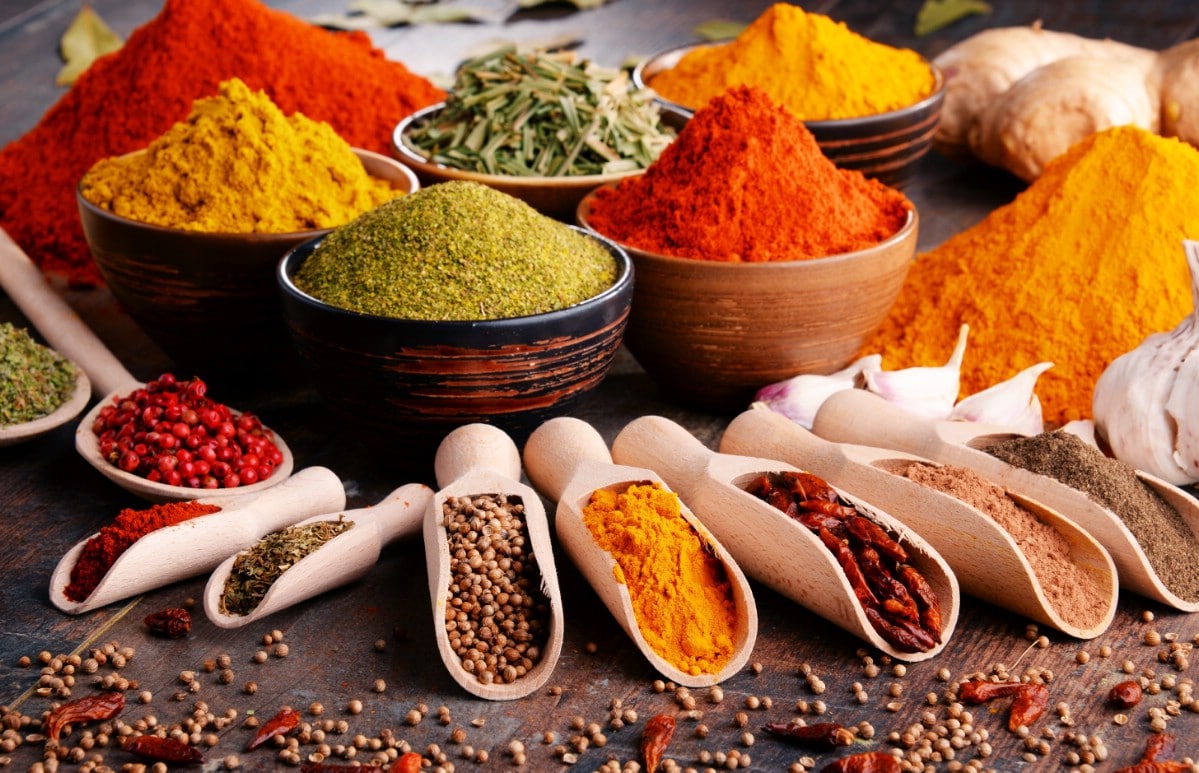
People who don't use enough seasoning often end up with food that tastes bland. Make sure to add plenty of salt, pepper, herbs, and spices to your dishes - this will help guarantee perfectly seasoned food every single time!
Frequently Asked Questions:
First, get a pan that has a non-stick surface. second, do not use metal utensils to stir the food while it's cooking or when you turn it over. third, don't try to cook too many pieces at once in one small area of the pan because this crowding will keep each piece from being exposed enough to the heat and prevent them from browning properly (and as we've talked about earlier - brown is beautiful!). finally, do not overcrowd your frypan with food or else some parts may burn on the outside before they're cooked through on the inside.
You can test the heat of your pan by sprinkling a few drops of water onto its surface. If the water dances and evaporates immediately, then the pan is hot enough to cook food. Do not put water in a cold pan because it will lower the temperature of the cooking surface and cause food to stick.
It's best not to use any kind of cleanser on a non-stick surface, as even mild detergents can damage the coating over time. Simply rinse your pan with warm water after each use and dry it thoroughly to prevent sticking or staining.
A non-stick pan should be cleaned with warm water and dried completely after each use. Never put any kind of cleanser on an aluminum or copper surface as these substances may damage its integrity over time.
If you're cooking meat like chicken breasts, make sure they are thawed before putting them into hot oil otherwise it's more likely that they'll stick together when browning occurs through heat exposure (which causes proteins within muscle tissue). For example, if you want to cook some fish fillets then remove them from their packaging beforehand so there isn't any moisture present on their surfaces which could create steam during cooking.
Final Thoughts
Cooking can be a bit of a challenge, but it's worth it once you get the hang of it! By avoiding these simple mistakes, you'll be able to cook delicious and perfectly-seasoned food every single time. So what are you waiting for? Get in the kitchen and start cooking!

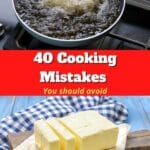



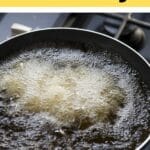
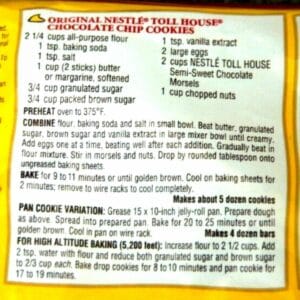
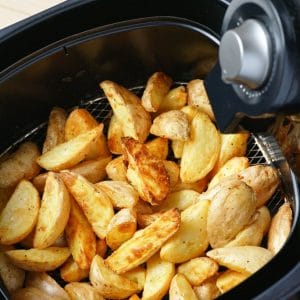
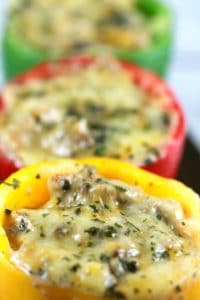
Join the Discussion